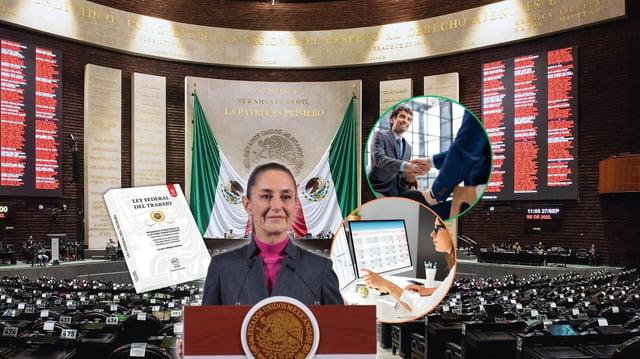Overview
- Parties remain divided over implementation speed, with Observatorio Ciudadano specialists pushing a three-year timeframe and employer groups favoring gradual, sector-by-sector rollouts through 2030.
- The Confederation of National Chambers of Commerce warns the shift could add roughly 65,793 pesos per employee annually, leading businesses to seek tax breaks and wage-flexibility measures.
- Critics highlight that Mexico’s 600 labor inspectors may be insufficient to enforce the new schedule nationwide and call for resources to bolster oversight.
- Reform advocates insist on preserving the mandatory 30-minute paid break guaranteed by Articles 63 and 64 of the Federal Labor Law to protect worker well-being.
- Dialogue participants agree that targeted training programs and productivity incentives are essential to offset reduced hours without undermining incomes or competitiveness.



